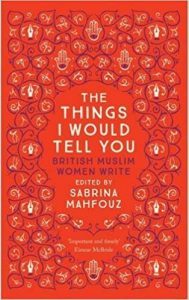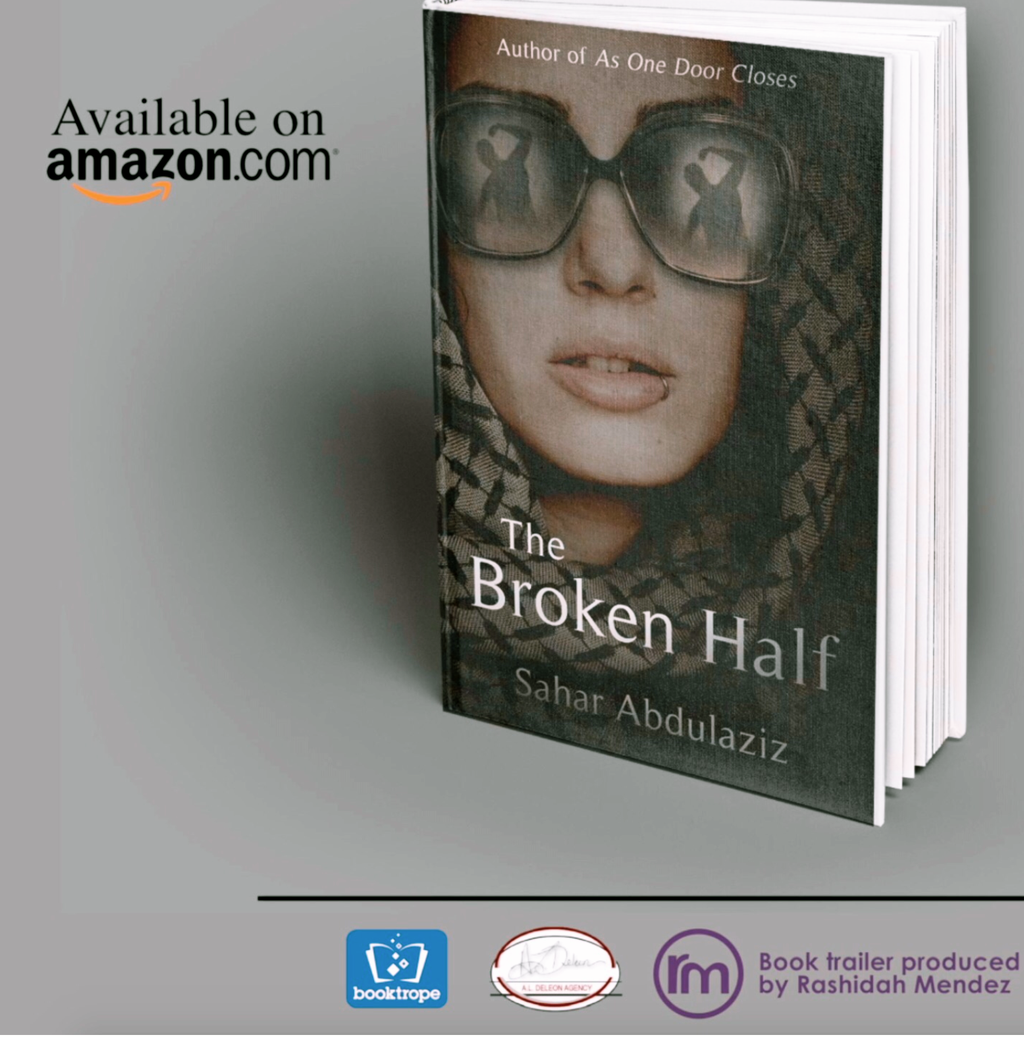FIVE MUST-HAVE BOOKS ON DAILY ISLAM
Islam is a simple faith. However, it’s also a religion with many nuts and bolts when it comes to adab, food, relationships, cultural curve-balls, and the list goes on. The knowledge can become overwhelming if not presented in an organised manner to the reader. Here are five books than help the new Muslim (The convert) or the old Muslim (heritage Muslim or not) refresh a few bases.
Everyday Islam: An Easy and Peaceful Way of Life
Everyday Islam: An Easy And Peaceful Way Of Life takes the reader from the very start of the day and through the possible situations and interactions that may occur with the words of Allah ﷻ and the example of His Messenger ﷺ. Shumaysa Amatul Hadi Faruqi utilizes the translations of the Holy Quran and the authentic Hadeeth to emphasize the importance of practicing and implementing the teachings of Islam in our daily lives. Islam is beautiful and its wisdom is for our benefit and success, in this life and the next. A Muslim submits himself to Allah ﷻ and thus adopts Islam as part of his or her identity while making right conduct a priority in every situation. To this end, Everyday Islam seeks to provide a source of reference for the busy, modern Muslim man and woman in keeping Islam active in their lives.
The New Muslim’s Field Guide
Summary: This is not your average "Welcome to Islam!" book. The New Muslim's Field Guide offers a fresh approach to guiding Muslim converts, focused on helping them grow as Muslims while maintaining their identity and love for God.
Drawing on their shared decades of experience, Theresa and Kaighla walk the new Muslim through the hills and the valleys they'll encounter on their journey, helping the newcomer navigate the sometimes slippery cliffs of culture, politics, and interpersonal relationships.
Injected with a healthy dose of humor and candor, The New Muslim's Field Guide discusses some of the deeper meanings behind belief and ritual, clarifies common sticky issues, and tells stories of triumph and failure on the journey of Islam.Find it on Amazon here.
My Coloring Book of Dua’a
Read a review here.
Summary: Dua'as for kids! What to say when you wake up until when you sleep! Plus each page is a coloring sheet!
The Islamic Adult Coloring Book
Summary: "The Islamic, Adult Coloring Book" was compiled in an effort to teach the non-Muslim about Islam and to combat the rising tide of stress in the modern Muslim's life, while still being beneficial in this world and the hereafter. The designs chosen for the book are intricate works that the adult colorer will find both challenging and soothing. The pages include detailed mosque architecture, calligraphy, hadith, dua, Quranic verses, and quotes all to allow Muslims to relax and refocus on deen. Each coloring page has a corresponding short, descriptive page for non-Muslims who want to join in on the relaxation and learn something about Islam along the way.
Find it on Amazon here.
Halal Comfort Food
Summary : There are an awful lot of things for a new Muslim to learn. It seems simple at first, accepting Allah is the one and only true God, and then accepting and agreeing to live by the five pillars of Islam and following the straight path. But as you read and learn and grow in your faith, you find that there is a lot more out there than you had originally thought! Reverting to Islam can seem complicated and overwhelming, but it is important to take things slowly and only make a few changes at a time, rather than diving in headlong and getting overwhelmed.
Likewise, following a halal diet seems pretty simple when you look at the guidelines in the Quran. But due to the way foods are processed in modern times, those few simple guidelines can become much more complex when put into practice. To further complicate things, there are a multitude of differing opinions on what is and isn’t halal, depending on what school of thought you belong to. Being a revert to Islam, and not having been raised in a particular school of thought and taught to think and act Islamically, one can feel pretty torn hearing and reading so many different opinions on what is and is not the correct way to eat/dress/think/pray/etc!
The purpose of this book is not to tell you what to do, but to help you in your journey into Islam by presenting you with all of the pertinent information you need to follow the path you feel is correct. This book will help you learn about what halal dietary requirements are, and to help ease your transition into cooking and eating the halal way.
In this book, you will find a wide variety of halal recipes, including old favorites from American cuisine with halal make-overs, plus some “new” favorites to add to your repertoire from the Muslim world.
Some of the recipes you will find include:
*Halal Breakfast Sausage
*Pasta Bolognese
*Beer-less Bread
*Stuffed Dates
*Lasagna with Halal Italian Sausage
*Baked Mac & Cheese
*Biscuits & Gravy
*Hummus
*Red Beans & Rice
*Halal Marshmallow Treats
*Chocolate Chip Cookies
*and much, much more!
Finally, while this book is intended to help new Muslim reverts, it is certainly not intended to exclude anyone! Insha’Allah, many will find this book and these recipes to be helpful, whether they are simply considering Islam, curious to learn more, or have been on the straight path for a day, a year, or even a lifetime!Find it on Amazon here.















